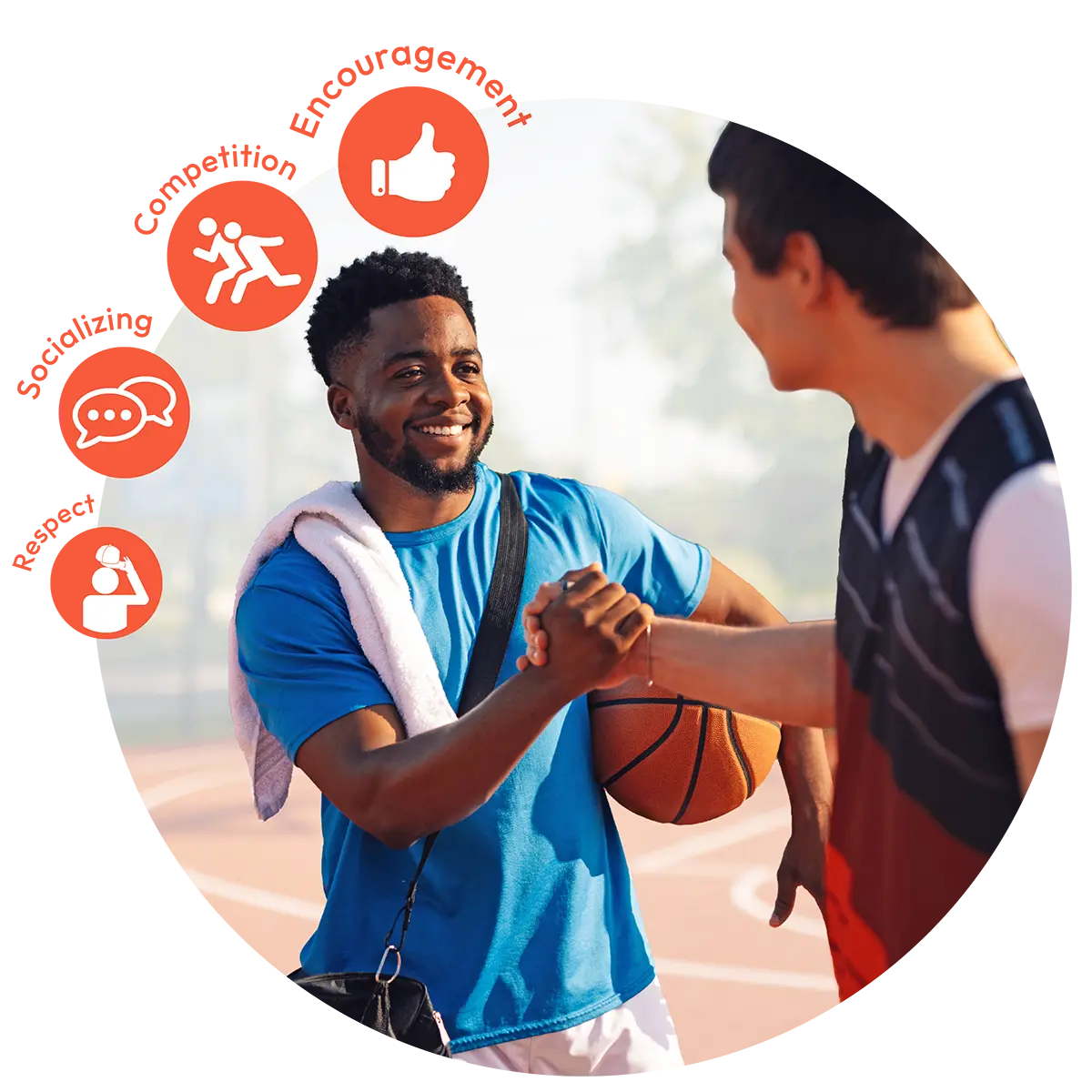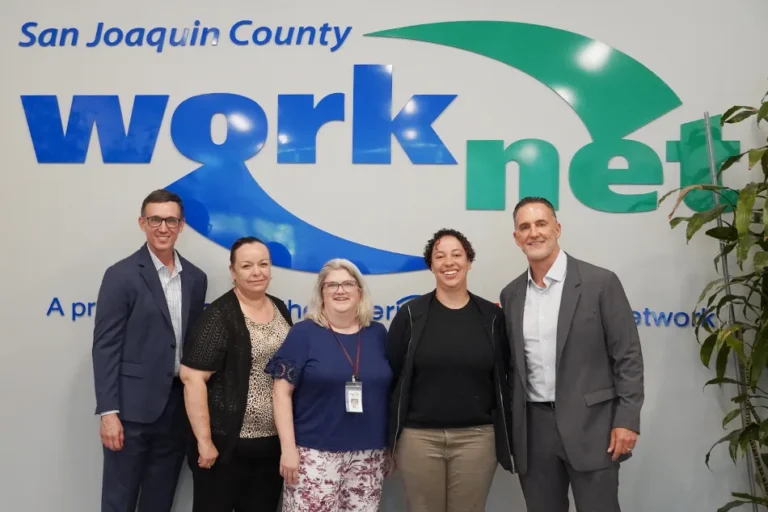
What are Core Values?
At the heart of every person lies a unique and powerful Core where your truest sense of identity, motivation, and inspiration live. Each individual has an extremely personal set of 4 Core Values shaped by their own life experiences, priorities, and sense of self. These are not inherited; they’re yours alone.
Out of 80 possible Core Values and nearly 38 million combinations, we help you discover and map the set that defines who YOU are at your Core so you can better understand what inspires you, what motivates you, and what gives your life its deepest sense of meaning and purpose.

What are yours?
No need to guess. Our scientifically validated method1 allows you to discover the set of Core Values that make you, you. This is the first step to living a value-aligned life. When you do that, 3 key things happen:


Performance increases14-16

The impact keeps growing...
Published in the Journal of Personality Assessment, our science shows the benefits of value aligned living
Activates reward centers of the brain2
Gives you a future orientation2
Mental wellbeing improves3
Psychological distress decreases4
Self-compassion improves5
Increases positive behaviors towards others6
Less rumination after failing7

Reduces negativity8
Increases creativity at work9
Makes life feel more meaningful10
Higher levels of optimism and happiness11
Lower levels of sadness and anger12
Increased success in reaching goals13
Performance improves at work and school14-16
The impact keeps growing...
Published in the Journal of Personality Assessment, our science shows the benefits of value aligned living
Activates reward centers of the brain2
Gives you a future orientation2
Mental wellbeing improves3
Psychological distress decreases4
Self-compassion improves5
Increases positive behaviors towards others6
Less rumination after failing7
Reduces negativity8
Increases creativity at work9
Makes life feel more meaningful10
Higher levels of optimism and happiness11
Lower levels of sadness and anger12
Increased success in reaching goals13
Performance improves at work and school14-16

Empower people to bring out their very best through value aligned living

Amaya Aguilar
Assistant Specialist
I chose to highlight my Core Values during an interview, and it ended up being one of the most impactful parts of my experience. It helped me speak more confidently and authentically about who I am, and it really resonated with the interviewers. I truly believe it played a key role in helping me land the job, and I’m so glad I took the chance on it.
Our solutions have helped leaders, educators, and teams discover their personal Core Values

















Ready to explore what’s possible?
If you would like to learn more about our personal and professional solutions, fill out the form below and a member of our customer success team will get in contact with you.
Seity in the news
References: 1.Stanislaw H, McCreary J. Identifying Core Values with a Hierarchical, Ipsative, Preference Assessment. Journal of Personality Assessment. 2022. doi:10.1080/00223891.2022.2090369 2.Cascio CN, O’Donnell MB, Tinney FJ, et al. Self-affirmation activates brain systems associated with self-related processing and reward and is reinforced by future orientation. Soc Cogn Affect Neurosci. 2016;11(4):621-629. doi:10.1093/scan/nsv136 3.Sheldon, K. M., & Elliot, A. J. (1999). Goal striving, need satisfaction, and longitudinal well- being: The self-concordance model. Journal of Personality and Social Psychology, 75(3), 482-497. https://doi.org/10.1037/0022-3514.76.3.482 4.Yasuma N, Watanabe K, Iida M, Nishi D, Kawakami N (2019) Personal values in adolescence and psychological distress in adults: A cross-sectional study based on a retrospective recall. PLoS ONE 14(11): e0225454. https://doi.org/10.1371/journal.pone.0225454 5.Thomaes, S., Bushman, B. J., de Castro, B. O., & Reijntjes, A. (2012). Arousing “gentle passions” in young adolescents: Sustained experimental effects of value affirmations on prosocial feelings and behaviors. Developmental Psychology, 48(1), 103-110. https://doi.org/10.1037/a0025677 6.Lindsay, E. K., & Creswell, J. D. (2014). Helping the self help others: Self-affirmation increases self-compassion and pro-social behaviors. Frontiers in Psychology, 5(421), 1-9. https://doi.org/10.3389/fpsyg.2014.00421 7.Koole, S. L., Smeets, K., Van Knippenberg, A., & Dijksterhuis, A. (1999). The cessation of rumination through self-affirmation. Journal of Personality and Social Psychology, 77(1), 111-125. https://doi.org/10.1037/0022-3514.77.1.111 8.Emanuel, A. S., Howell, J. L., Taber, J. M., Ferrer, R. A., Klein, W. M., & Harris, P. R. (2018). Spontaneous self-affirmation is associated with psychological well-being: Evidence from a US national adult survey sample. Journal of Health Psychology, 23(1), 95-102. https://doi.org/10.1177/1359105316643595 9.Jiang, L. (2018). Job insecurity and creativity: The buffering effect of self‐affirmation and work‐affirmation. Journal of Applied Social Psychology, 48(7), 388-397. https://doi.org/10.1111/jasp.12519 10.Nelson, S. K., Fuller, J. A., Choi, I., & Lyubomirsky, S. (2014). Beyond self-protection: Self- affirmation benefits hedonic and eudaimonic well-being. Personality and Social Psychology Bulletin, 40(8), 998-1011. https://doi.org/10.1177/0146167214533389 11.Emanuel, A. S., Howell, J. L., Taber, J. M., Ferrer, R. A., Klein, W. M., & Harris, P. R. (2018). Spontaneous self-affirmation is associated with psychological well-being: Evidence from a US national adult survey sample. Journal of Health Psychology, 23(1), 95-102. https://doi.org/10.1177/1359105316643595 12.Bono, J. E., & Judge, T. A. (2003). Self-concordance at work: Toward understanding the motivational effects of transformational leaders. Academy of Management Journal, 46(5), 554-571. https://doi.org/10.5465/30040649 13.Gaudreau P. Goal self-concordance moderates the relationship between achievement goals and indicators of academic adjustment. Learning and Individual Differences. 2012/12/01/ 2012;22(6):827-832. doi:https://doi.org/10.1016/j.lindif.2012.06.006 14.Bono JE, Judge TA. Self-Concordance at Work: Toward Understanding the Motivational Effects of Transformational Leaders. The Academy of Management Journal. 2003;46(5):554-571. doi:10.2307/30040649 15.Smith AL, Ntoumanis N, Duda JL, Vansteenkiste M. Goal striving, coping, and well-being: a prospective investigation of the self-concordance model in sport. J Sport Exerc Psychol. Feb 2011;33(1):124-45. doi:10.1123/jsep.33.1.124 16.Purcell, R., Gwyther, K. & Rice, S.M. Mental Health In Elite Athletes: Increased Awareness Requires An Early Intervention Framework to Respond to Athlete Needs. Sports Med – Open 5, 46 (2019). https://doi.org/10.1186/s40798-019-0220-1








